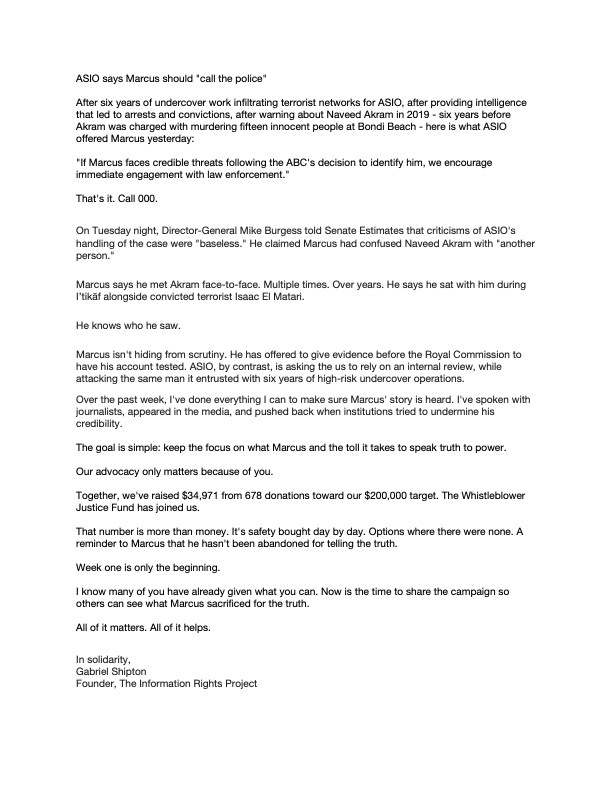Devotion
Protecting the culture
David Jacobs
I am Caucasian. My wife is Asian. Nobody in my entire family has ever married a non-Caucasian person, so when I brought my then girlfriend home to meet my family, I was met with some scrutiny. "Why can't you marry a white person?" I remember my family asking. My family is very tolerant and open compared to most, and I can assure you my wife's family had more suspicion towards me than my family did. Both families feared that part of their culture and heritage would be lost.
The people of Israel were exiled from their homeland for generations. In the book of Ezra, they were allowed by Cyrus the Great to return. In these verses, Ezra makes a decree: the men that have taken "strange wives" have badly transgressed against Israel and against God. They must repent and get rid of these non-Jewish wives in order to satisfy their Lord. Not too different from what my and my wife's families said!
Ezra and the leaders of Israel feared to lose their culture and their identity. If they mixed their bloodlines with people of other nations, they would be unable to preserve the culture that they were proud of. More importantly, they were worried that they would lose their people to other gods.
Prayer
I am sensitive towards these verses because of my situation. While I can understand the position of Ezra and the leaders of Israel at the time, the notion that God will abandon the people of Israel because some people have married wives during the period of exile seems wrong. Nowadays, basically everyone has taken "strange" husbands or wives. What do you think: has God abandoned us for this? I know my answer. What is yours?
















